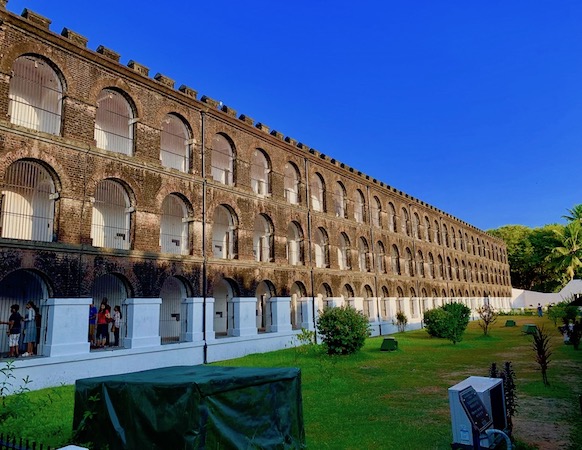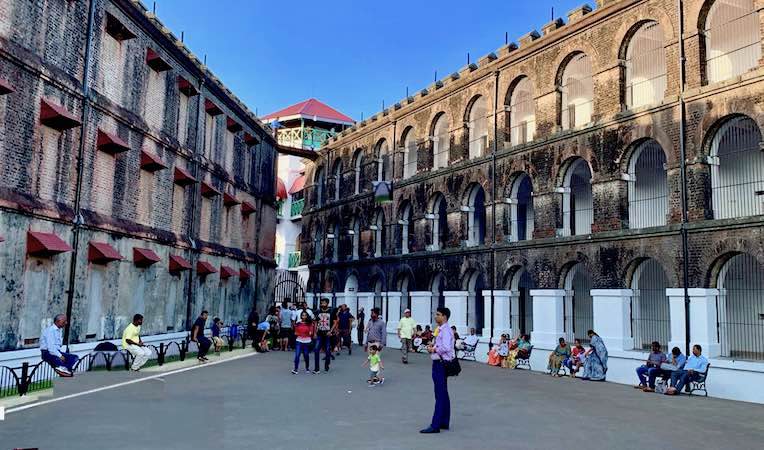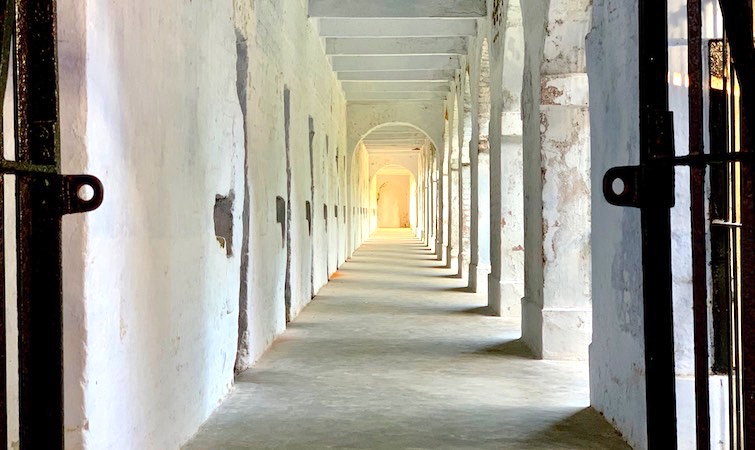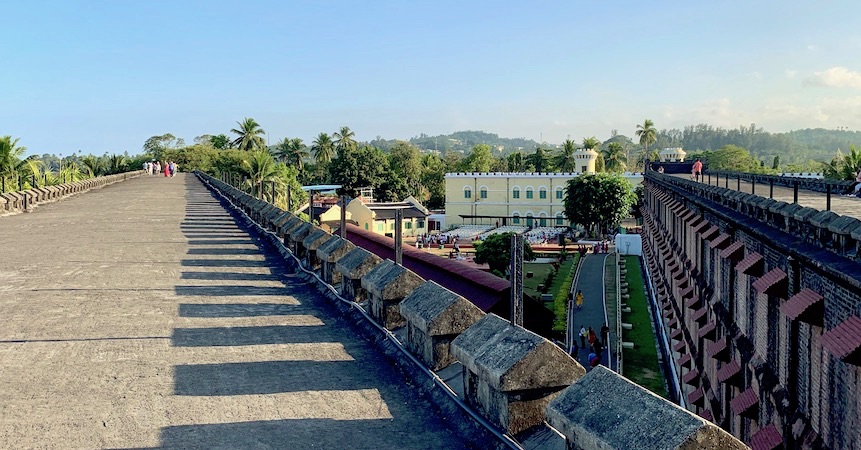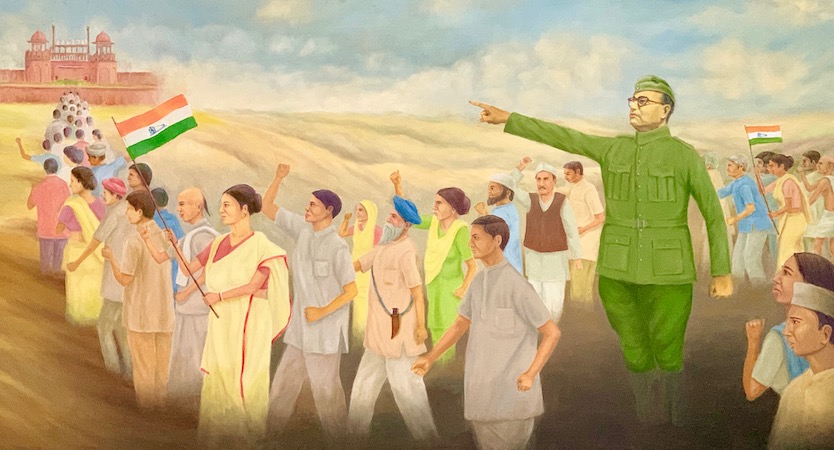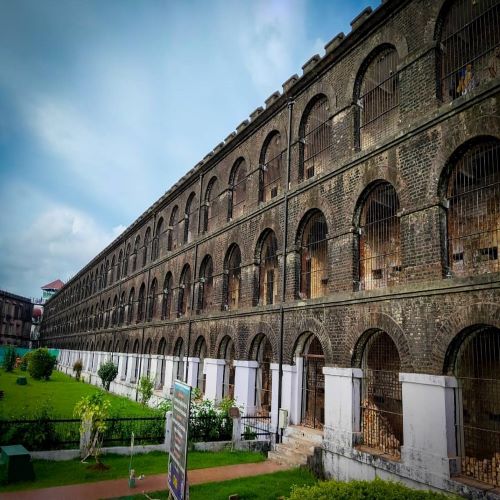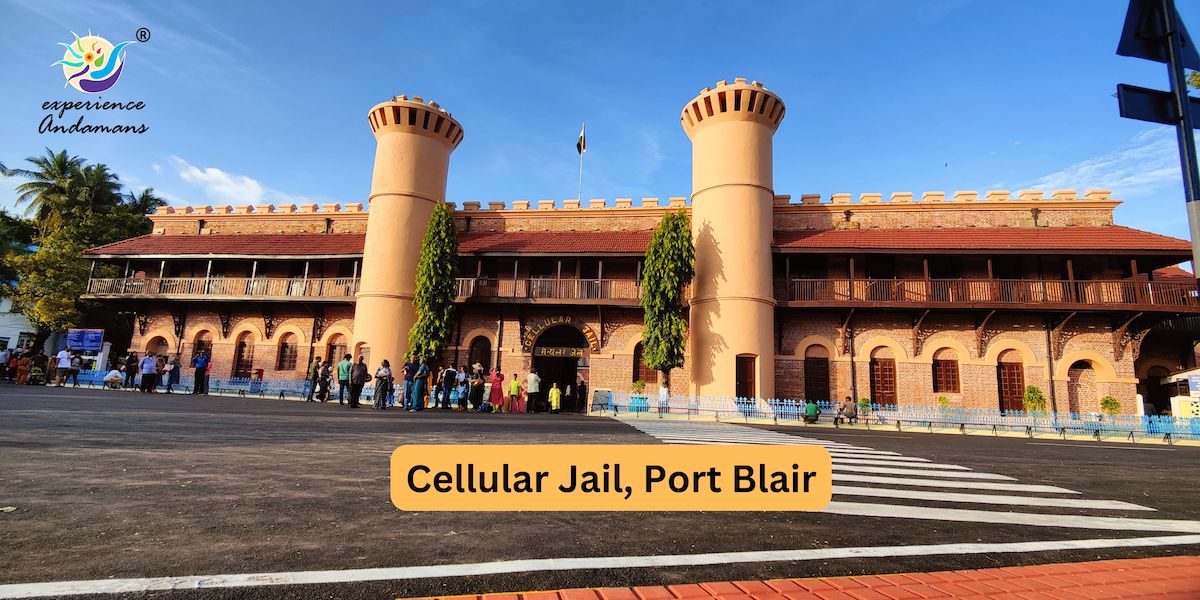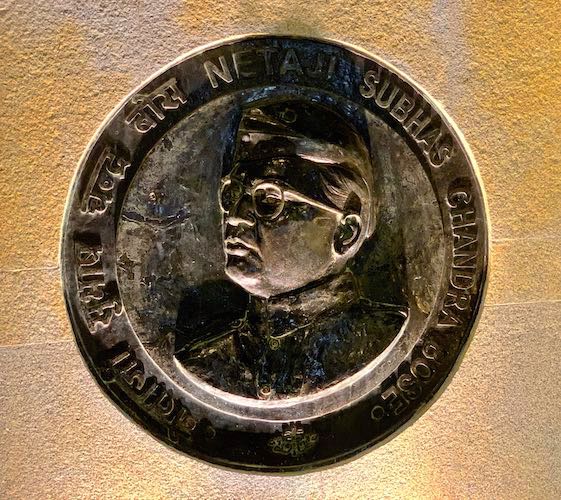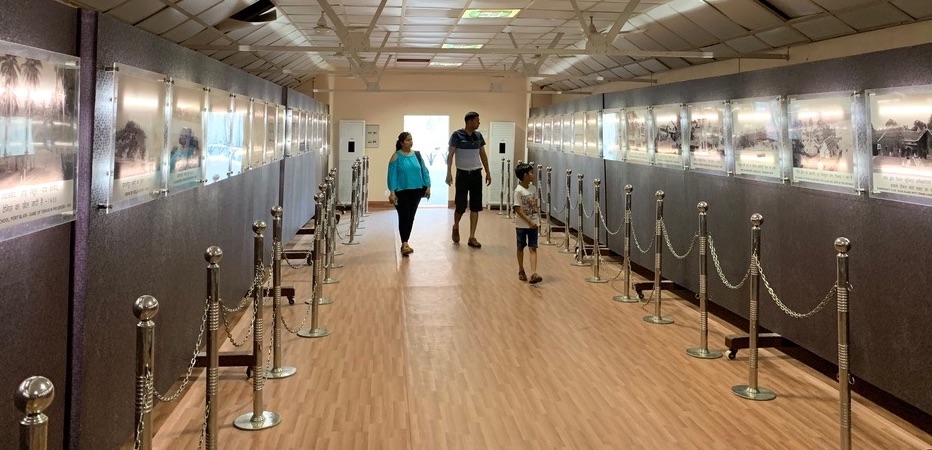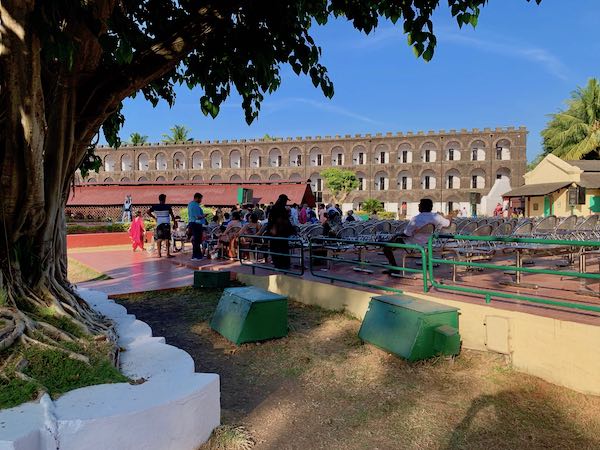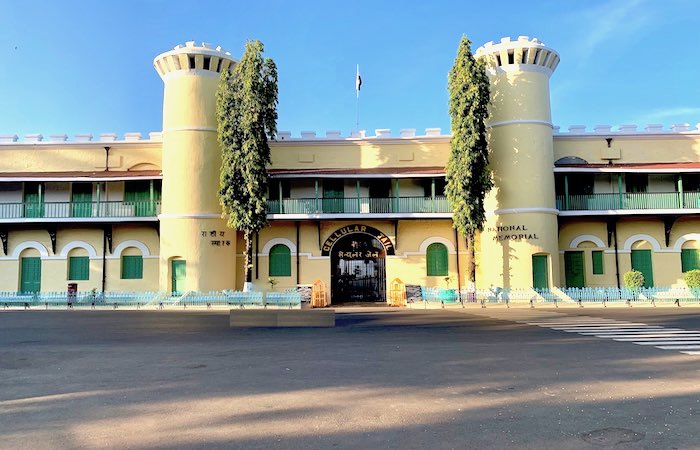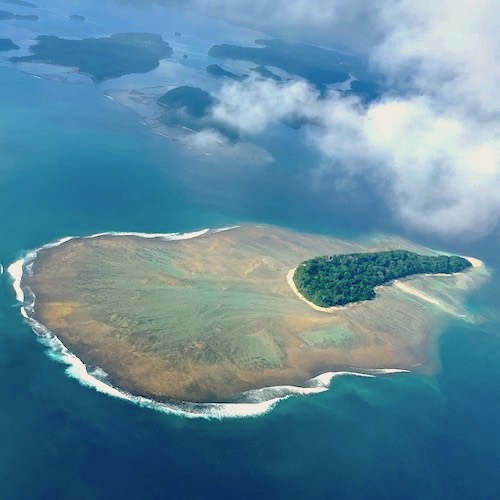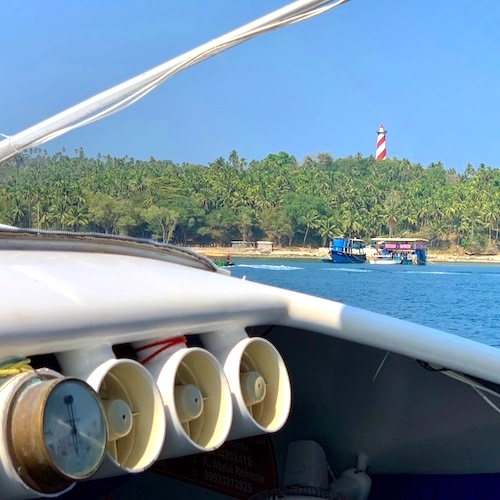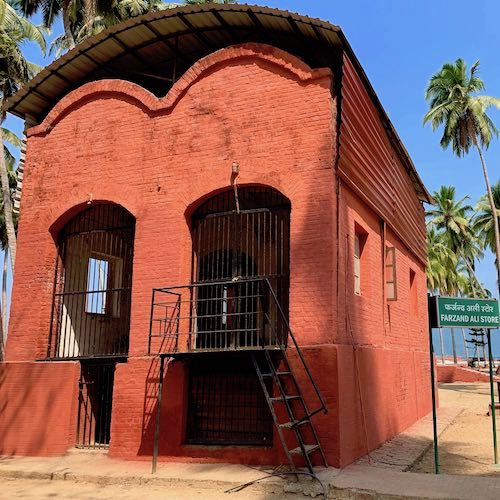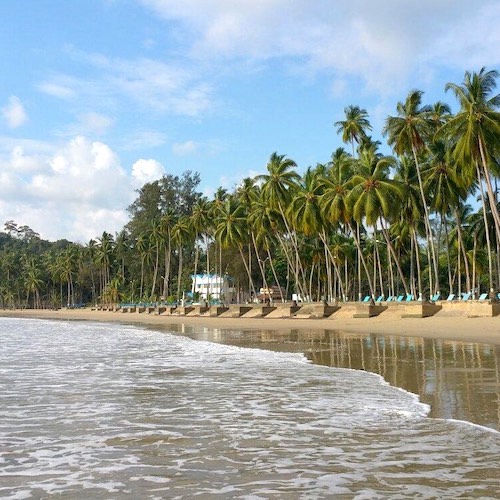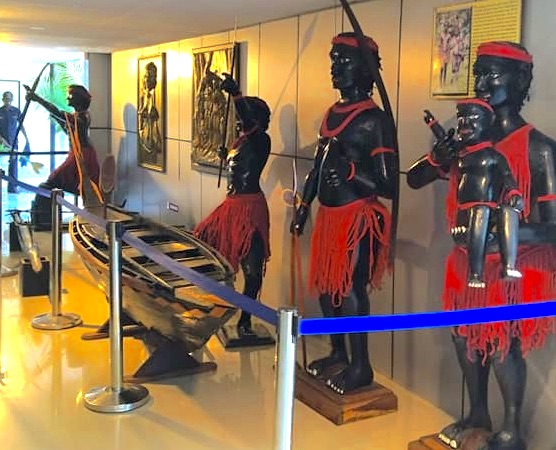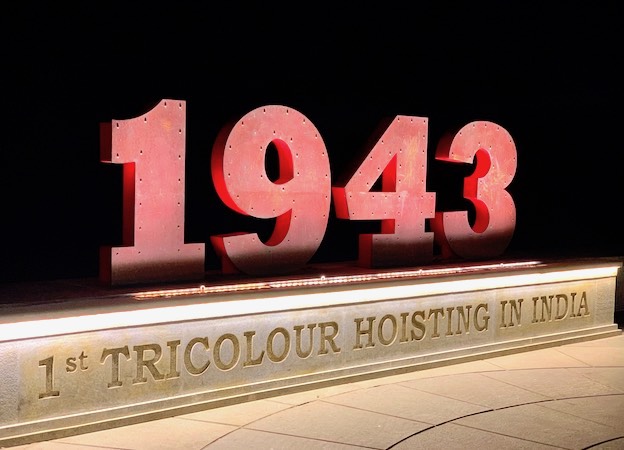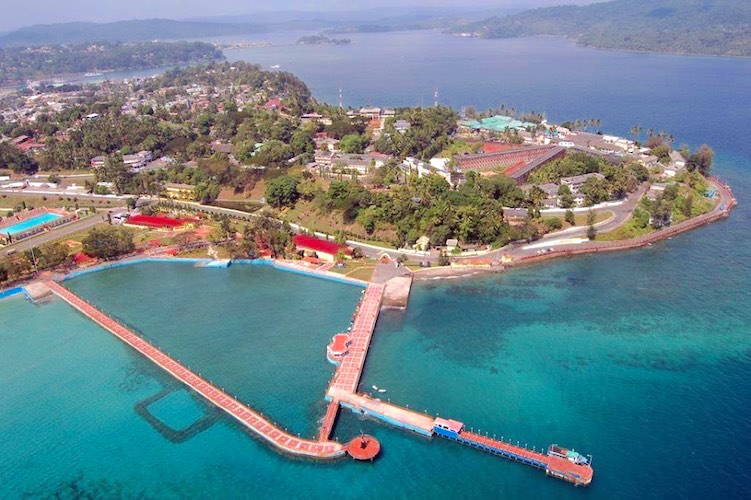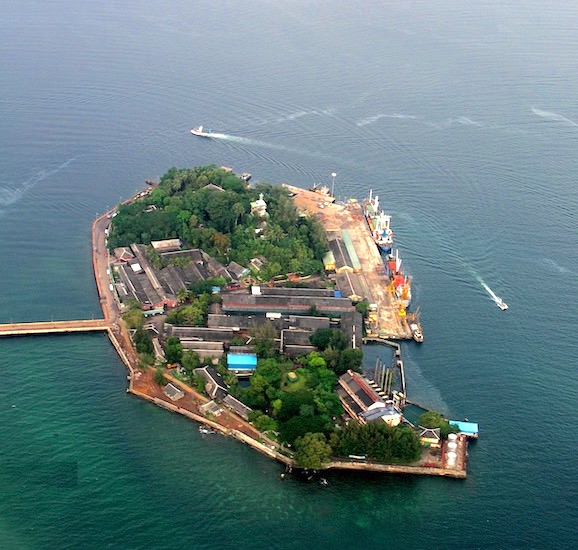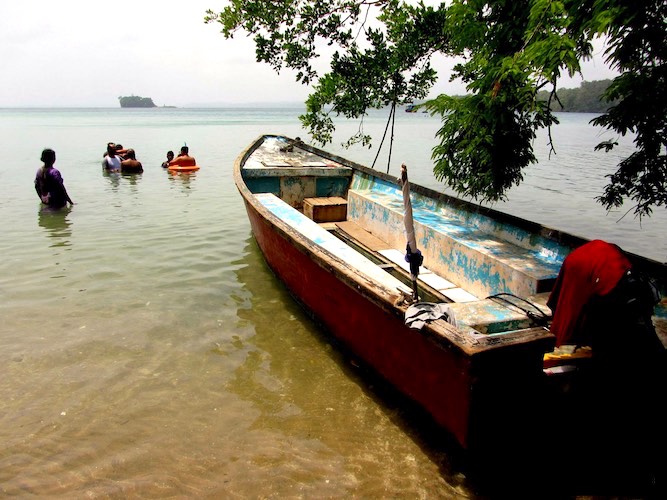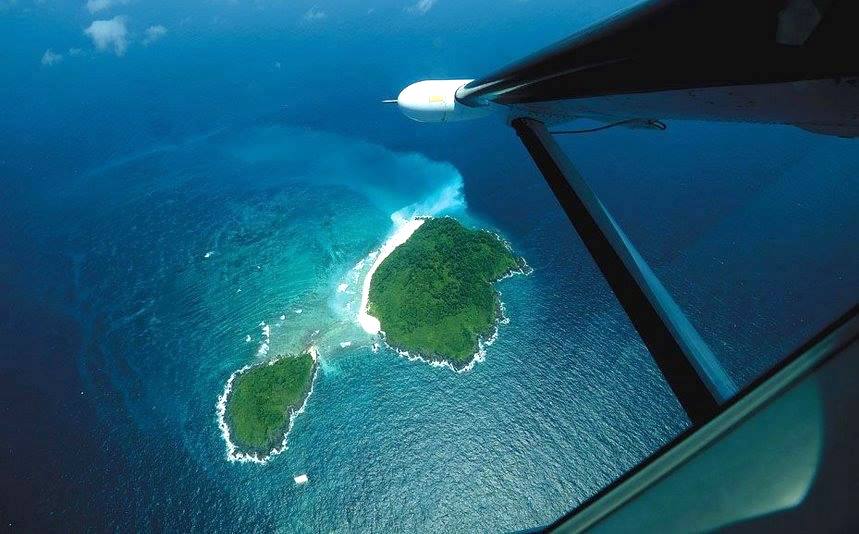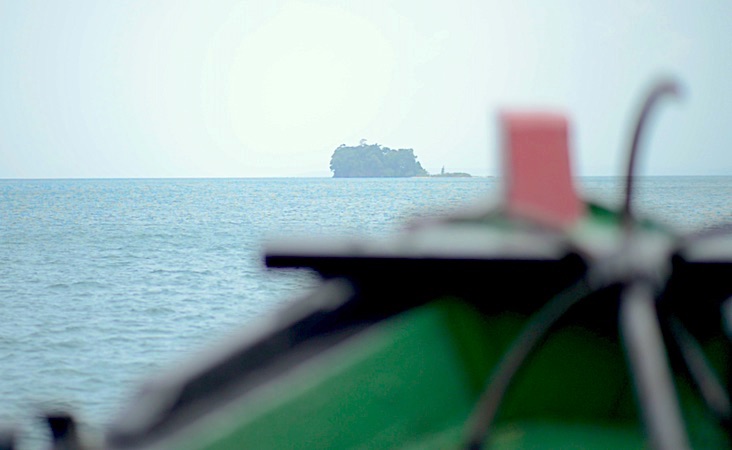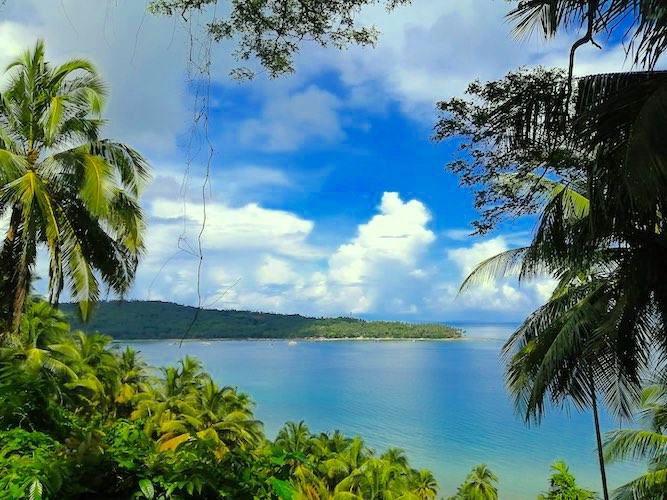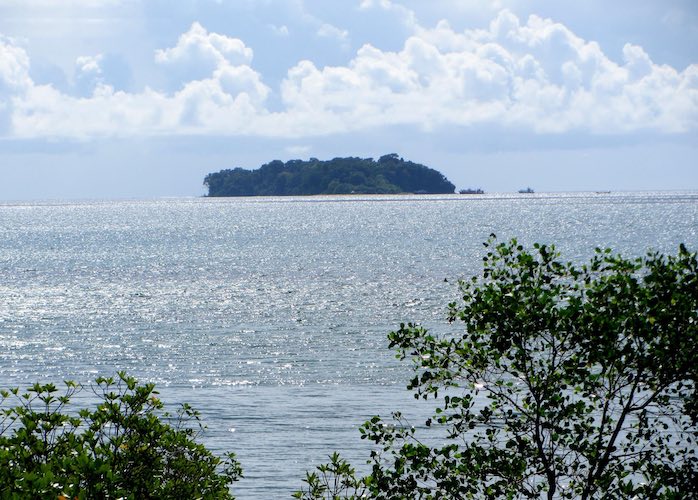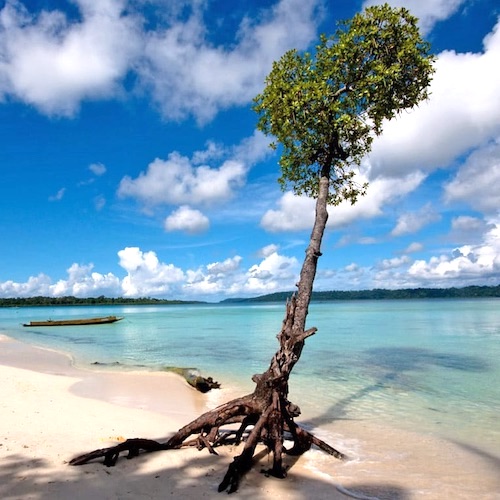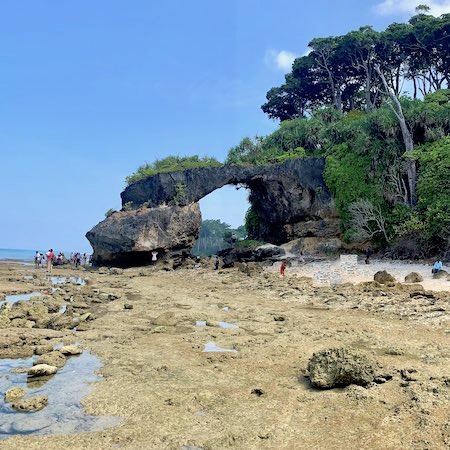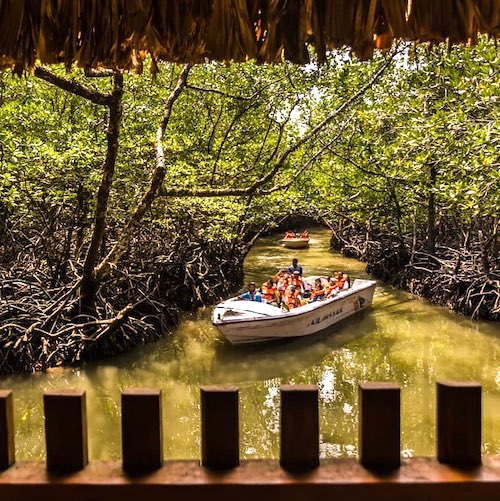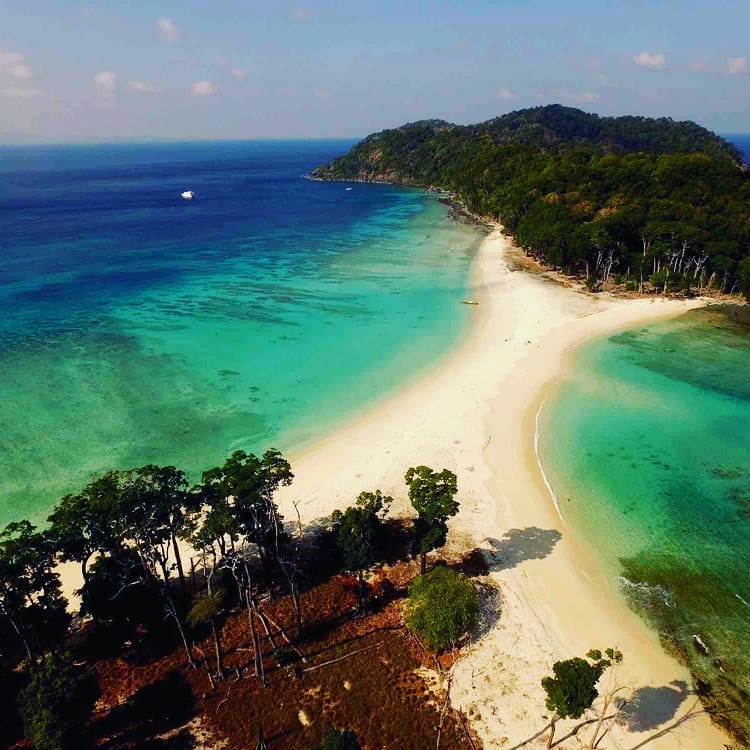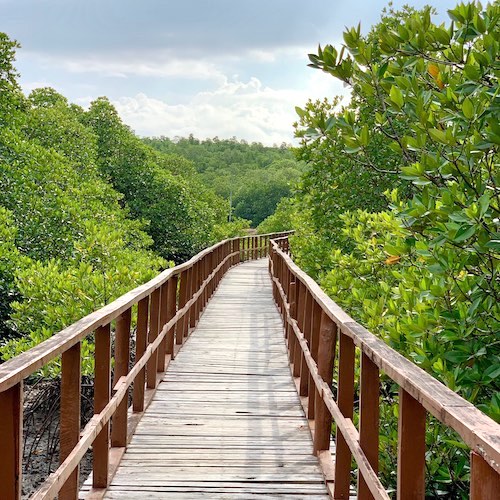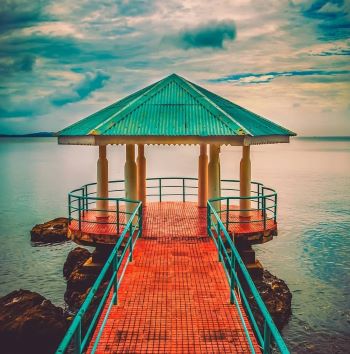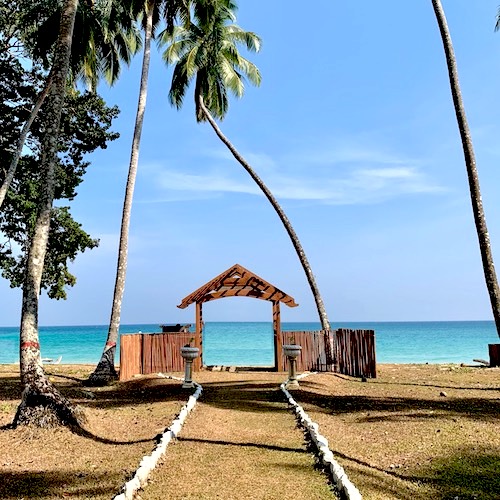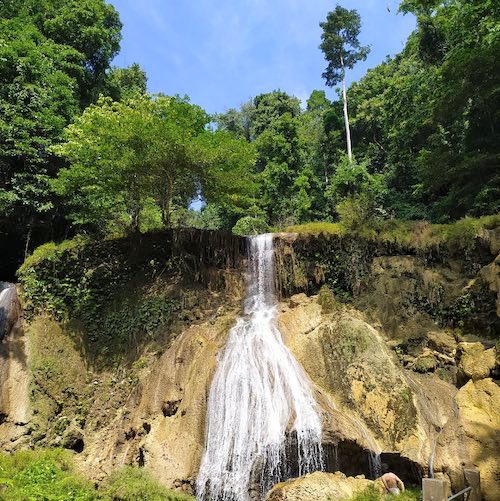- Home
-
Andaman Tourism
- How to Plan Andaman Trip
- Andaman Map
- Best Time To Visit
- How To Reach
- Things To Do
- History of Andaman
- Tribes of Andaman
- Andaman Weather
- Andaman Tourist Places
- Best Beaches of Andaman
- Travelling with Kids to Andaman
- Offbeat Places in Andaman
- Honeymoon Places in Andaman
- Nightlife in Andaman
- Best Seafood Restaurants
- Things to Buy in Andaman
- 5 Star Luxury Resorts in Andaman
- Where to Stay in Andaman Islands
- Honeymoon Hotels in Andaman
- Photoshoot in Andaman
- Wedding in Andaman
- Pre-Wedding Shoot in Andaman
- Bird Watching in Andaman
- Mobile Network in Andaman
- Andaman Tour Packages From Chennai
- Andaman Tour Packages From Kolkata
- Andaman Tour Packages From Bangalore
- Andaman Tour Packages From Ahmedabad
- Andaman Tour Packages From Hyderabad
- Andaman Tour Packages From Rajasthan
- Andaman Tour Packages From Gujarat
- Andaman in October, November, December and January
- Andaman in February
- Andaman in April
- Andaman in May
- Andaman in June, July and August
- Andaman Tour Packages From Mumbai
- Andaman Tour Packages From Delhi
- Blog
- Andaman DMC
- Andaman Group Packages
- Andaman Dussehra Package
- Andaman Diwali Package
- Things to do in Havelock Island
- How to reach Havelock from Port Blair
- Things to Do in Port Blair
- School trip to Andaman
- Corporate trips to Andaman
- Innova cabs in andaman
- Group tours to Andaman
- Andaman New Year Package
- Andaman in March
- Andaman in September
-
Packages
- Andaman Honeymoon Packages
- Andaman Family Packages
- Andaman Budget Packages
- Andaman Luxury Packages
- Andaman New Year Package
- Andaman Adventure Packages
- Baratang Packages
- Long Island Packages
- Little Andaman Packages
- Best Selling Andaman Packages
- Andaman New Year Package
- Port Blair (Sri Vijaya Puram) Package
- Havelock (Swaraj Dweep) Package
- Neil (Shaheed Dweep) Package
- Diglipur Package
- Rangat Package
- 2 Nights 3 Days Andaman Package
- 3 Nights 4 Days Andaman Package
- 4 Nights 5 Days Andaman Package
- 5 Nights 6 Days Andaman Package
- 6 Nights 7 Days Andaman Package
- Water Sports
- Islands
- Sightseeing
-
Ferry
- Ferry
-
Popular Routes
- From Port Blair (Sri Vijaya Puram) To Havelock (Swaraj Dweep)
- From Neil (Shaheed Dweep) To Port Blair (Sri Vijaya Puram)
- From Havelock (Swaraj Dweep) To Neil (Shaheed Dweep)
- From Neil (Shaheed Dweep) To Havelock (Swaraj Dweep)
- From Havelock (Swaraj Dweep) To Port Blair (Sri Vijaya Puram)
- From Port Blair (Sri Vijaya Puram) To Neil (Shaheed Dweep)
- From Port Blair (Sri Vijaya Puram) To Baratang
- Ferry
- About Us
- Cab
- Blog
- How To Reach
- Weather
- Wedding
- Photographers
Andaman Tourism
How to Plan Andaman Trip
Andaman Map
Best Time To Visit
How To Reach
Things To Do
History of Andaman
Tribes of Andaman
Andaman Weather
School trip to Andaman
Corporate trips to Andaman
Innova cabs in andaman
Andaman Tourist Places
Best Beaches of Andaman
Travelling with Kids to Andaman
Offbeat Places in Andaman
Honeymoon Places in Andaman
Nightlife in Andaman
Best Seafood Restaurants
Things to Buy in Andaman
Group tours to Andaman
Andaman New Year Package
5 Star Luxury Resorts in Andaman
Where to Stay in Andaman Islands
Honeymoon Hotels in Andaman
Photoshoot in Andaman
Wedding in Andaman
Pre-Wedding Shoot in Andaman
Bird Watching in Andaman
Mobile Network in Andaman
Andaman in March
Andaman in September
Andaman Tour Packages From Chennai
Andaman Tour Packages From Kolkata
Andaman Tour Packages From Bangalore
Andaman Tour Packages From Ahmedabad
Andaman Tour Packages From Hyderabad
Andaman Tour Packages From Rajasthan
Andaman Tour Packages From Gujarat
Packages
Andaman Honeymoon Packages
2 Night 3 Days Honeymoon Packages3 Night 4 Days Honeymoon Packages4 Night 5 Days Honeymoon Packages5 Night 6 Days Honeymoon Packages6 Night 7 Days Honeymoon Packages7 Night 8 Days Honeymoon Packages8 Night 9 Days Honeymoon Packages9 Night 10 Days Honeymoon PackagesAndaman Family Packages
2 Night 3 Days Family Packages3 Night 4 Days Family Packages4 Night 5 Days Family Packages5 Night 6 Days Family Packages6 Night 7 Days Family Packages7 Night 8 Days Family Packages8 Night 9 Days Family Packages9 Night 10 Days Family PackagesAndaman Budget Packages
2 Night 3 Days Budget Packages3 Night 4 Days Budget Packages4 Night 5 Days Budget Packages5 Night 6 Days Budget Packages6 Night 7 Days Budget Packages7 Night 8 Days Budget PackagesBest Selling Andaman Packages
Andaman Luxury Packages
2 Night 3 Days Luxury Packages3 Night 4 Days Luxury Packages4 Night 5 Days Luxury Packages5 Night 6 Days Luxury Packages6 Night 7 Days Luxury Packages7 Night 8 Days Luxury PackagesAndaman New Year Package
Water Sports
Activity
Scuba DivingKayakingGlass Bottom BoatSea WalkSnorkelingSpeed Boat RidesParasailingTrekkingGame FishingMore...Location Based
Activity in Port Blair (Sri Vijaya Puram)Activity in Havelock (Swaraj Dweep)Activity in Neil (Shaheed Dweep)Activity in BaratangActivity in DiglipurActivity in RangatActivity in Long IslandActivity in Little AndamanActivity in MayabunderActivity in Barren IslandIslands
Port Blair (Sri Vijaya Puram)Havelock (Swaraj Dweep)Neil (Shaheed Dweep)BaratangDiglipurRangatLong IslandLittle AndamanMayabunderBarren IslandSightseeing
Port Blair (Sri Vijaya Puram)Havelock (Swaraj Dweep)Neil (Shaheed Dweep)BaratangDiglipurRangatFerry
From Port Blair (Sri Vijaya Puram) To Havelock (Swaraj Dweep)From Neil (Shaheed Dweep) To Port Blair (Sri Vijaya Puram)From Havelock (Swaraj Dweep) To Neil (Shaheed Dweep)From Neil (Shaheed Dweep) To Havelock (Swaraj Dweep)From Havelock (Swaraj Dweep) To Port Blair (Sri Vijaya Puram)From Port Blair (Sri Vijaya Puram) To Neil (Shaheed Dweep)From Port Blair (Sri Vijaya Puram) To Baratang
Islands
Port Blair
Jolly Buoy Island Cellular Jail North Bay Island Ross Island Chidiatapu Corbyns Cove Museums Flag Point Rajiv Gandhi Water Sports Complex More...Havelock (Swaraj Dweep)
Radhanagar Beach Elephant Beach Kalapathar BeachMayabunder
Karmatang Beach Avis Island German JettyNeil (Shaheed Dweep)
Laxmanpur Beach Bharatpur Beach Natural Rock Sitapur BeachBarren Island
Little Andaman
Baratang
Lime Stone Caves Mud Volcano Parrot IslandLong Island
Lalaji Bay Beach Guitar Island Merk Bay Beach North Passage Island
Sightseeing
Sightseeing
Port Blair (Sri Vijaya Puram)Havelock (Swaraj Dweep)Neil (Shaheed Dweep)BaratangDiglipurRangatFerry
From Port Blair (Sri Vijaya Puram) To Havelock (Swaraj Dweep)From Neil (Shaheed Dweep) To Port Blair (Sri Vijaya Puram)From Havelock (Swaraj Dweep) To Neil (Shaheed Dweep)From Neil (Shaheed Dweep) To Havelock (Swaraj Dweep)From Havelock (Swaraj Dweep) To Port Blair (Sri Vijaya Puram)From Port Blair (Sri Vijaya Puram) To Neil (Shaheed Dweep)From Port Blair (Sri Vijaya Puram) To BaratangActivity
Scuba DivingKayakingGlass Bottom BoatSea WalkSnorkelingSpeed Boat RidesParasailingTrekkingGame FishingMore...
Ferry

